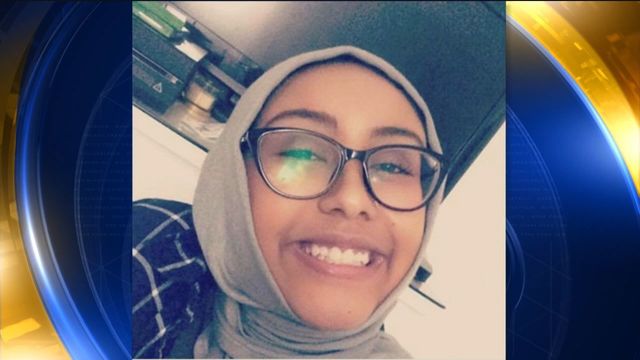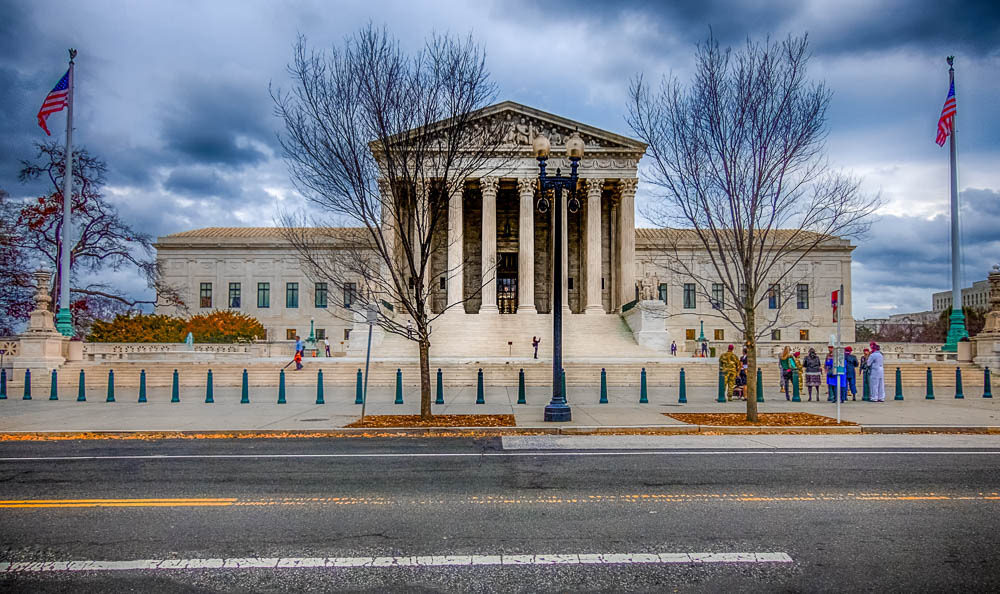Reston high school sophomore, Nabra Hassanen, was brutally murdered this Father’s Day at the break of dawn in Sterling, VA, and no amount of fear-mongering can bring her back. After leaving her mosque with a group of friends to secure some food before beginning the day’s fast as a part of observing the month of Ramadan, it is reported that she was attacked with a metal bat by the murderer after he chased the group down with his car for reasons still unconfirmed.
In response, many individuals and institutions advocated to organize self-defense classes, for woman to travel with a chaperone, or to not leave their homes at all. We can learn all of the martial arts in the world. We can continue to react as if the presence of men prevents the murder of women (although some accounts indicate the group was co-ed), as if men are more immune to being victims of violence. We can hire more security at every mosque in the country (not that this murder took place at a mosque). And, most preposterously, we can all carry a weapon of sorts to protect ourselves when needed. The real truth too many of us are not accepting is that we can do any or all of these things and crimes, including brutal, cold-blooded murders, will still occur.
Muslim women have no reason to walk around in any greater fear at 4 a.m. than any woman does. By all standards, walking in a large group, as Nabra did, is considered taking due precaution. The avalanche of responses, mostly by Muslims, that include calling for Muslim women to learn more self-defense, assigning male escorts to women walking in the streets, and providing weapons for women to defend themselves against assailants are all inciting undue fear, and they inadvertently lay blame on that group of victims implying that if they knew some self-defense Nabra’s death may have been prevented. That is the kind of speculation and attributing of guilt that adds an unfair burden to those still raw from a experiencing first-hand a tragedy and gruesome crime. Such coping mechanisms seeking to find fault or blame are not surprising, and they are often used to reconcile tragedy, but they inadvertently place undue fault on Nabra and her friends. They provide false hope and flawed security to shocked and grieving Muslims nationwide. Advocating, especially in this moment, for Muslim women to learn self-defense, is an unhealthy fear-mongering just as problematic as the Islamophobia motivating it.
There are a few facts we need to keep in mind. First, there is an assumption Nabra’s murder could have been prevented with self-defense, except there is no evidence of this in any of the facts we have available. Second, I would love to be hearing more loudly tens of thousands of people demanding action to prevent such assaults from taking place to begin with, not putting false ideas in young girls’ minds that a self-defense class will protect them, or any of us, God forbid anyone be in such a situation. Why is this young man driving around with a metal bat? What drove him to attack a young high-schooler? It is not Nabra who was behaving abnormally, it is the man who murdered her. The energy of our response is better expended determining how our communities can eradicate cultures we produce that motivate violent behavior and how we can recuperate individuals who suffer from these behaviors or illnesses that drive people to such actions.
Third, we live in a time when it is really hard to divorce crimes against Muslims from Islamophobia. Does a crime that happens to a Muslim happen because they’re hated for being Muslim, or does the unfortunate victim of a crime happen to be Muslim? Nabra was a youth, a female, a Muslim, and Black. Each of those is an identity carrying with it vulnerabilities and suffering from biases, but the majority of the responses pointed to her Muslim identity. It is true that assaults on Muslims have increased drastically in the last six months. Islamophobia is real, but we may never know if it had a role in Nabra’s death. Just as much as some do not want people to claim it is Islamophobia when it might not be, we also cannot fault Muslims who remain haunted by Islamophobia when a Muslim is a victim. That fear is just as real and justifiably present as are the repercussions of the potential false label. We need to eradicate the source of that fear so that Muslims, especially Muslim women, live moving freely, not imprisoned by a threat of assault or worse. Freedom takes on a whole new meaning now when we talk about Muslim women in “the land of the free.”
As the debate of proper immediate responses to crimes in our community is taking place among Muslims, the solution to longstanding Islamophobia is deeply tied to its predominantly structural roots that exist at a societal level well beyond the Muslim community’s independent domain. It is decades of policies, laws, media and culture that are inspired by the politics of nation-state power that benefit from continuing to target some Muslims as a people to be feared. The rest of the Muslims, and Islam, become collateral damage swept up in the stereotyping and discrimination. This needs to end, and it will take more than a village — it will take a nation.
Regardless of why you died, no one should ever die the way you did, nor live in fear of it either. May you rest in His Eternal Tranquility and Peace Nabra Hassanen.
Nancy A. Khalil is a Postdoctral Associate at Yale University’s Center for the Study of Race, Indigeneity, and Transnational Migration.




